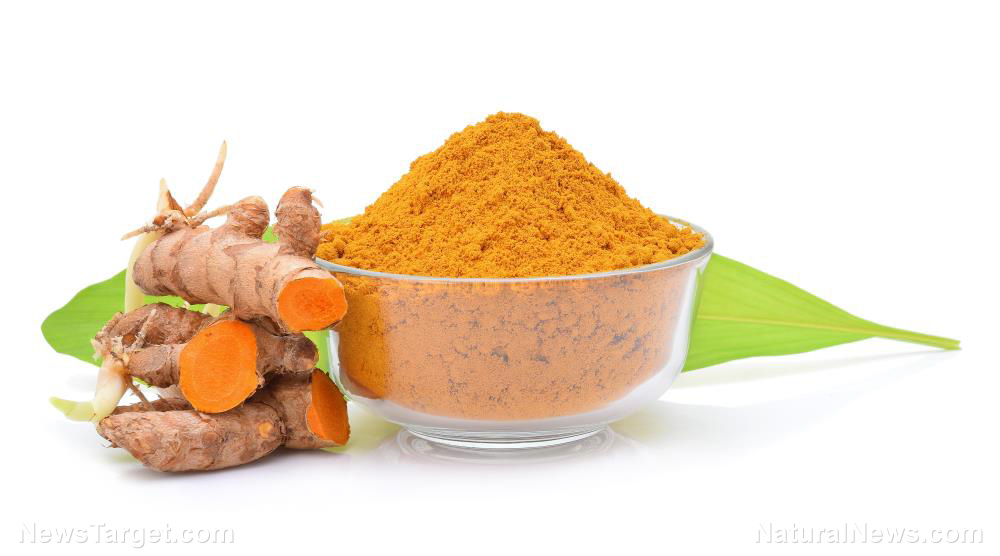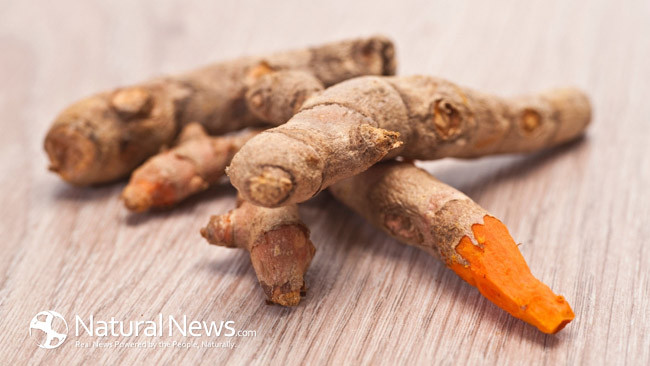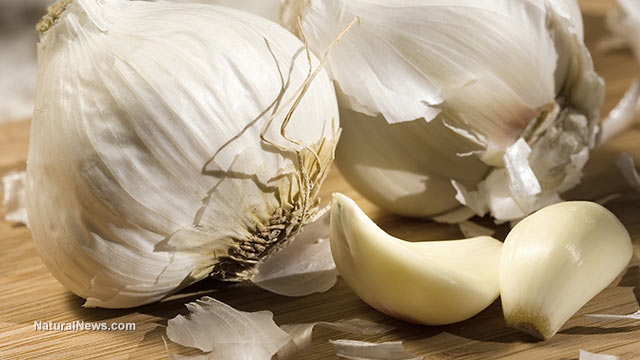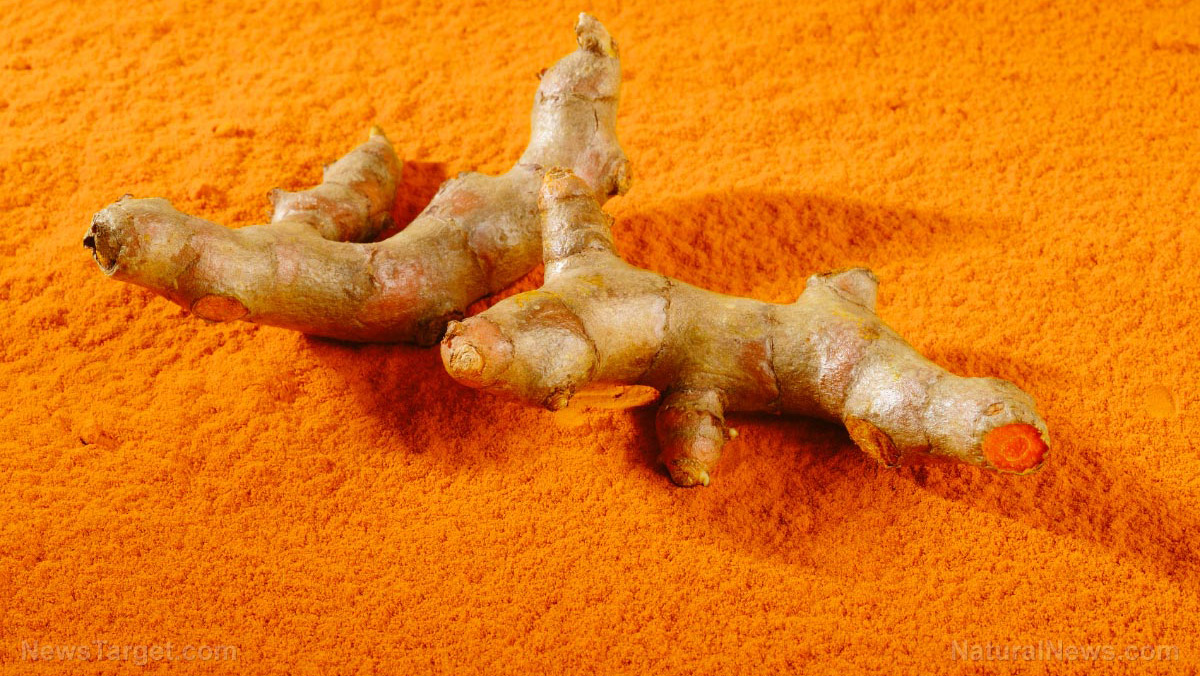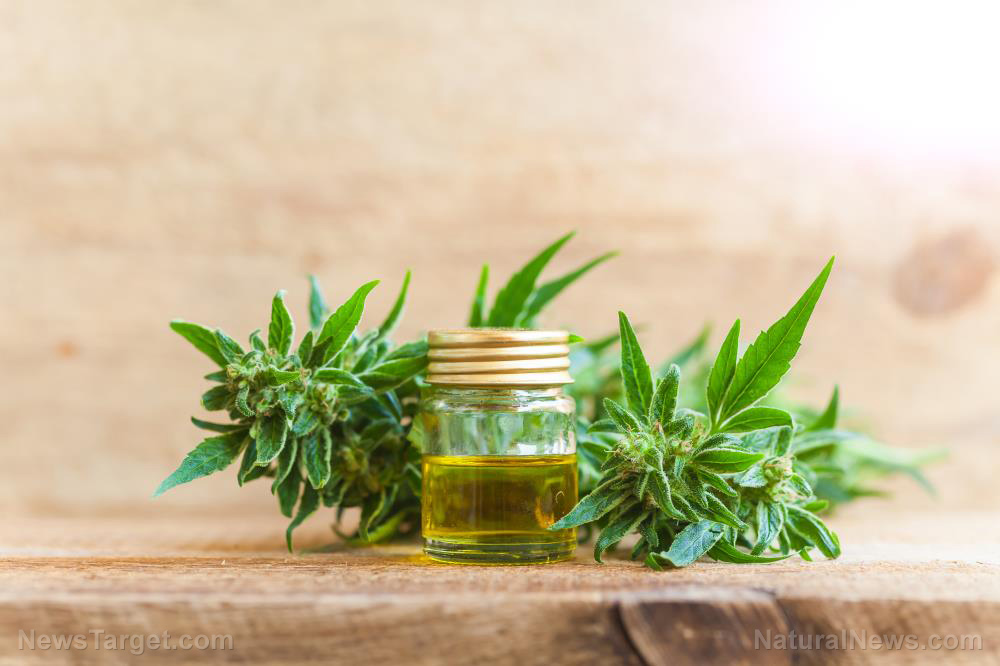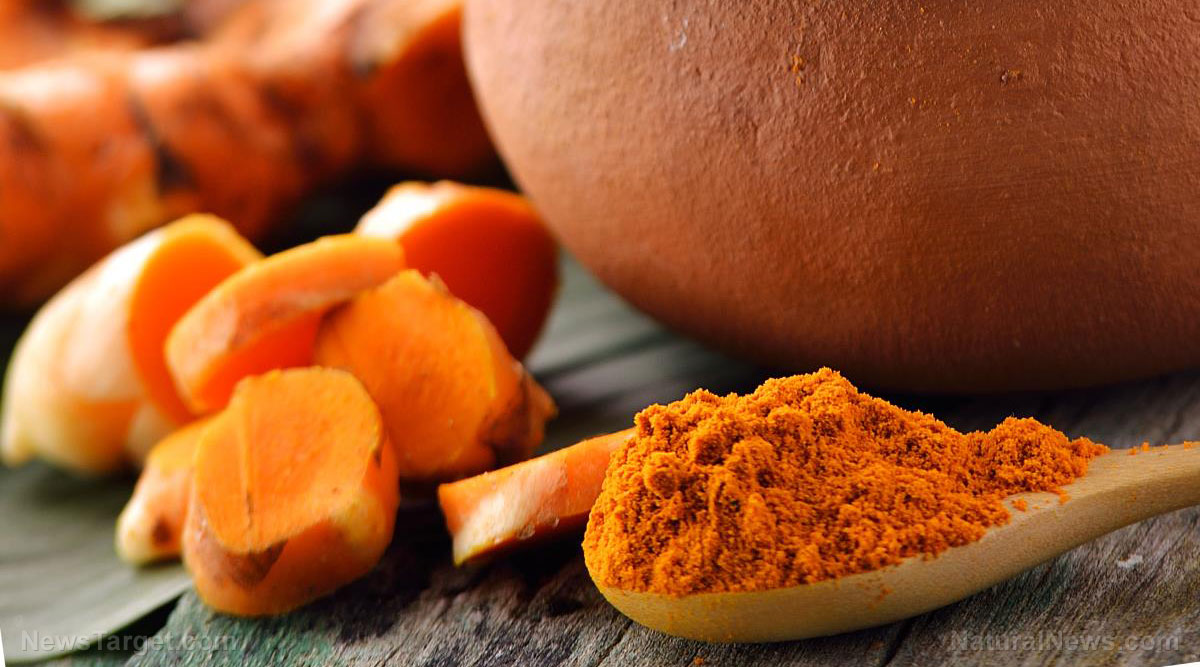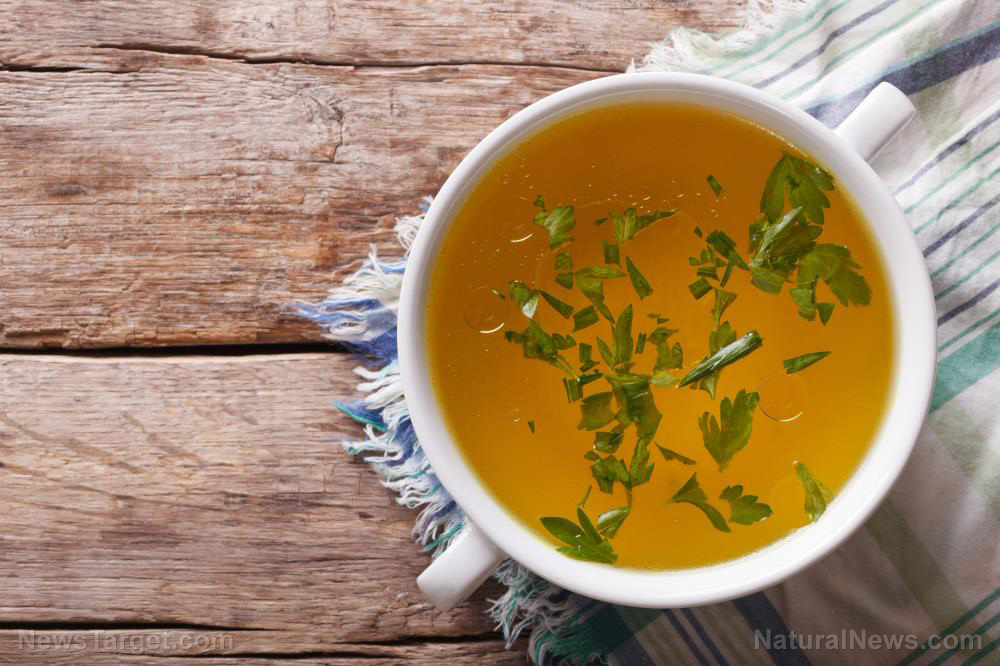Natural remedies: 12 Immune-boosting herbs and spices that combat infection
04/01/2020 / By Divina Ramirez
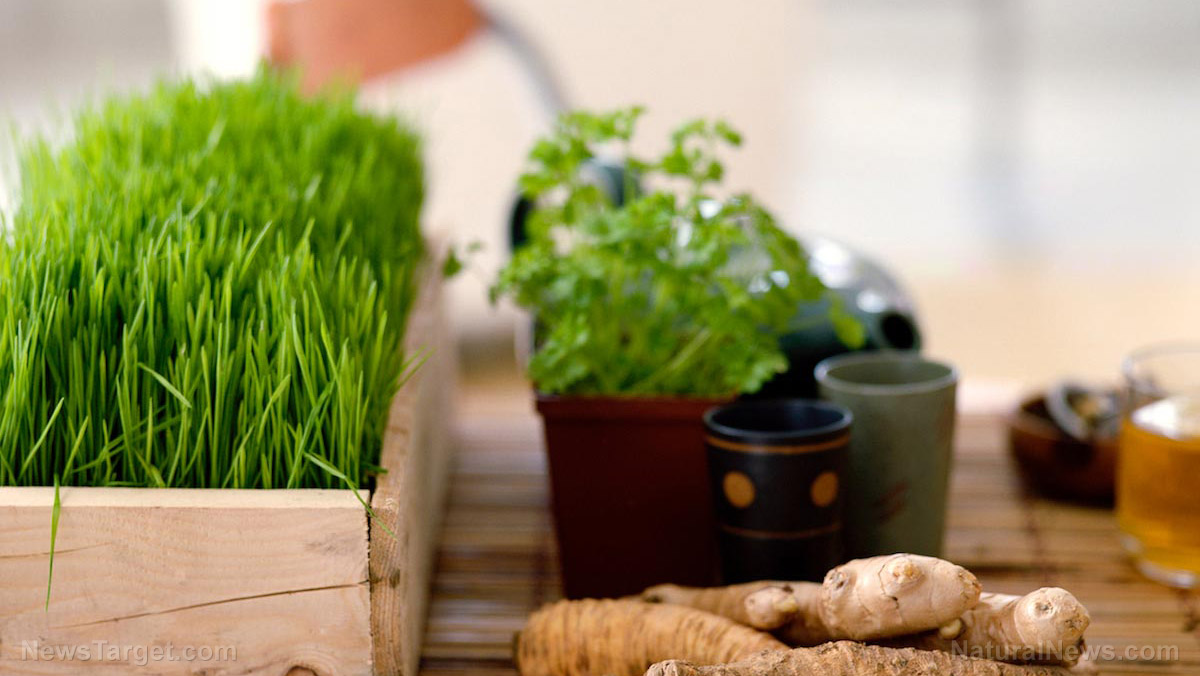
Various factors can influence an individual’s susceptibility to infection and disease. For instance, exposure to irritants like cigarette smoke and toxic fumes can severely irritate the nasal tract, causing inflammation and respiratory complications.
Meanwhile, a weak immune system caused by poor nutrition and lifestyle choices can lead to the destruction of antibodies and white blood cells that combat pathogens. Over time, pathogens can greatly compromise the immune system, thus increasing the risk of autoimmune diseases.
There is no one-size-fits-all protection against infection and disease. Often, physicians prescribe the use of synthetic antibiotics to eliminate pathogens and treat symptoms of infection. But pharmaceutical drugs often cause side effects and complications. Moreover, the extensive use of synthetic antibiotics has led to the emergence of antibiotic-resistant strains of bacteria and viruses that complicate treatment.
Fortunately, various herbs and spices contain immune-boosting compounds that have potent antioxidant, antibacterial and antiviral properties. Here are 12 medicinal plants that can be used as remedies for infection and disease.
Garlic
Garlic contains several sulfur-rich compounds that have antioxidant and anti-inflammatory effects against pathogens and infection. In particular, garlic is a potent antibacterial agent against pathogens like Escherichia coli and Staphylococcus aureus. As an antioxidant, it is commonly used to treat symptoms of the common cold and the flu.
Turmeric
Curcumin, the main active ingredient in turmeric, is considered to be a strong antioxidant and anti-inflammatory agent. It enhances immune responses to cellular damage caused by free radicals. Curcumin is also commonly used to treat joint pain caused by osteoarthritis, rheumatoid arthritis and gout.
Ginger
Ginger is a popular remedy for headaches, nausea and joint pain. It is an excellent source of antioxidants that fortify the immune system against infection.
Rosemary
Rosmarinic acid, the main active component in rosemary, has anti-inflammatory properties that can relieve nasal congestion and allergic reactions. It also has antimicrobial effects against disease-causing pathogens.
Ginkgo biloba
As a potent antioxidant, ginkgo biloba is commonly used to relieve symptoms of respiratory ailments including breathlessness and chronic coughs. It also has anti-inflammatory properties that can soothe an irritated nasal tract.
Peppermint
Peppermint contains menthol, a natural antihistamine that can inhibit the growth of bacteria and treat nasal congestion. Peppermint is also a known remedy for abdominal pain, stomach aches and constipation.
Licorice
Licorice has antibacterial and antiviral properties that make it a potent immune-boosting plant. It is commonly used to treat symptoms of respiratory conditions, such as excess phlegm and mucus.
Echinacea
As a popular medicinal herb, echinacea is often used to treat inflammation and accelerate healing. It also has antiviral and antibacterial effects against infections like the common cold and the flu.
Elecampane
Elecampane is a medicinal herb native to Eurasia. It primarily contains two bioactive plant compounds that are strong anti-inflammatory and antibacterial agents. Alantolactone, a phytochemical, can inhibit the growth of bacteria. On the other hand, a compound known as inulin can treat inflammation and irritation.
Sage
Sage is naturally rich in antioxidants that stimulate the production of white blood cells. It is often used to treat inflammations of the throat and mouth. But sage is also known to improve cognitive functions like memory and concentration, thus reducing the risk of dementia.
Cinnamon
Cinnamon contains cinnamaldehyde, an antioxidant agent that regulates blood sugar levels and restores insulin sensitivity. It can also reduce the amount of bad cholesterol in the bloodstream, thus reducing the risk of cardiovascular complications.
Basil
Basil has been shown to support cardiovascular health by treating inflamed blood vessels and arteries caused by cholesterol buildup. Eugenol, an anti-inflammatory agent, is also known to enhance immunity against harmful micro-organisms.
Medicinal plants are potent remedies for infection and disease. A balanced diet that includes various immune-boosting herbs and spices can aid immune functions and prevent ailments. Plus, most medicinal plants can be easily cultivated at home.
Sources include:
RiverCountry.NewsChannelNebraska.com
Submit a correction >>
Tagged Under:
alternative medicine, clean food, disease treatments, food cures, food is medicine, functional food, herbal medicine, Herbs, immune system, natural cures, natural medicine, prevention, remedies
This article may contain statements that reflect the opinion of the author
RECENT NEWS & ARTICLES
COPYRIGHT © 2017 TURMERIC NEWS

